
Yeast infections are always frustrating and problematic and if they occur in infants, they are even worse. Babies have an immune system that is not yet fully developed and they easily get yeast infections if they come in contact with its cause, the fungus called Candida albicans.
Causes of yeast infections in infants
Adults can get yeast infection in many ways, from the use of antibiotics or steroids, poor personal hygiene, especially of feet, sexual contact and from places where the fungus thrives, like public showers. Aside from occasional use of antibiotics, infants do not do any of those things so yeast infections among them are relatively uncommon.
Just like in adults, the cause of yeast infections in infants is Candida albicans. Since this fungus loves wet and warm areas, yeast infections can occur in the area underneath the diaper, similarly to diaper rash. It can also pass from mother to child during childbirth and sometimes through breastfeeding too.
Yeast infection in baby girls can also occur if the mother fails to keep the genital area clean, or if harsh soaps and shampoos are used. Also, if the baby is not changed regularly and spends a lot of time in wet diapers, the risk of contracting yeast infection significantly increases.
Because yeast infections can easily spread to the baby during childbirth, it is essential that the mother visits her gynecologist regularly throughout the pregnancy, in order to avoid such risks for the baby.
Treatment for yeast infections in infants
Yeast infections are normally treated with anti-fungal medications that include oral medications, topical ointments, sprays and liquids, depending on the severity of the infection. Minor infections are usually treated with topical medication, while severe ones require oral anti-fungal medications.
It is very important to realize that infants cannot use the same medication and the same dosages as adults, which is why an infant must never be given anything before consulting a pediatrician. He or she will make the diagnose, and if the yeast infection is confirmed, they will prescribe medication that is suitable for the baby.
It is also vital to follow through the whole course of medication, otherwise the yeast infection may come back. During and after the anti-fungal treatment, the baby should be kept clean and dry as much as possible. The skin should be allowed to breathe and the diapers much be changed whenever they get wet.
It is also recommended that parents get checked for yeast infections too, so they cannot pass it one to another and to the baby again.



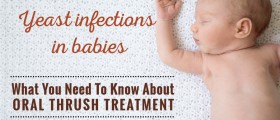
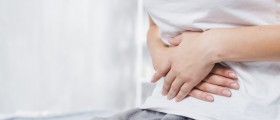
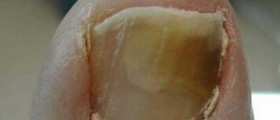
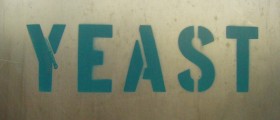

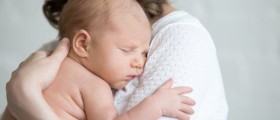

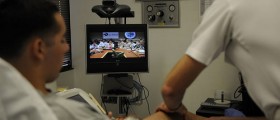
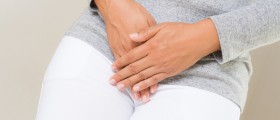
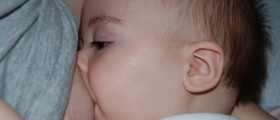
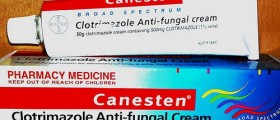
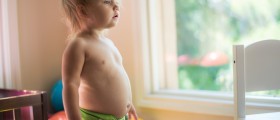


Your thoughts on this
Loading...